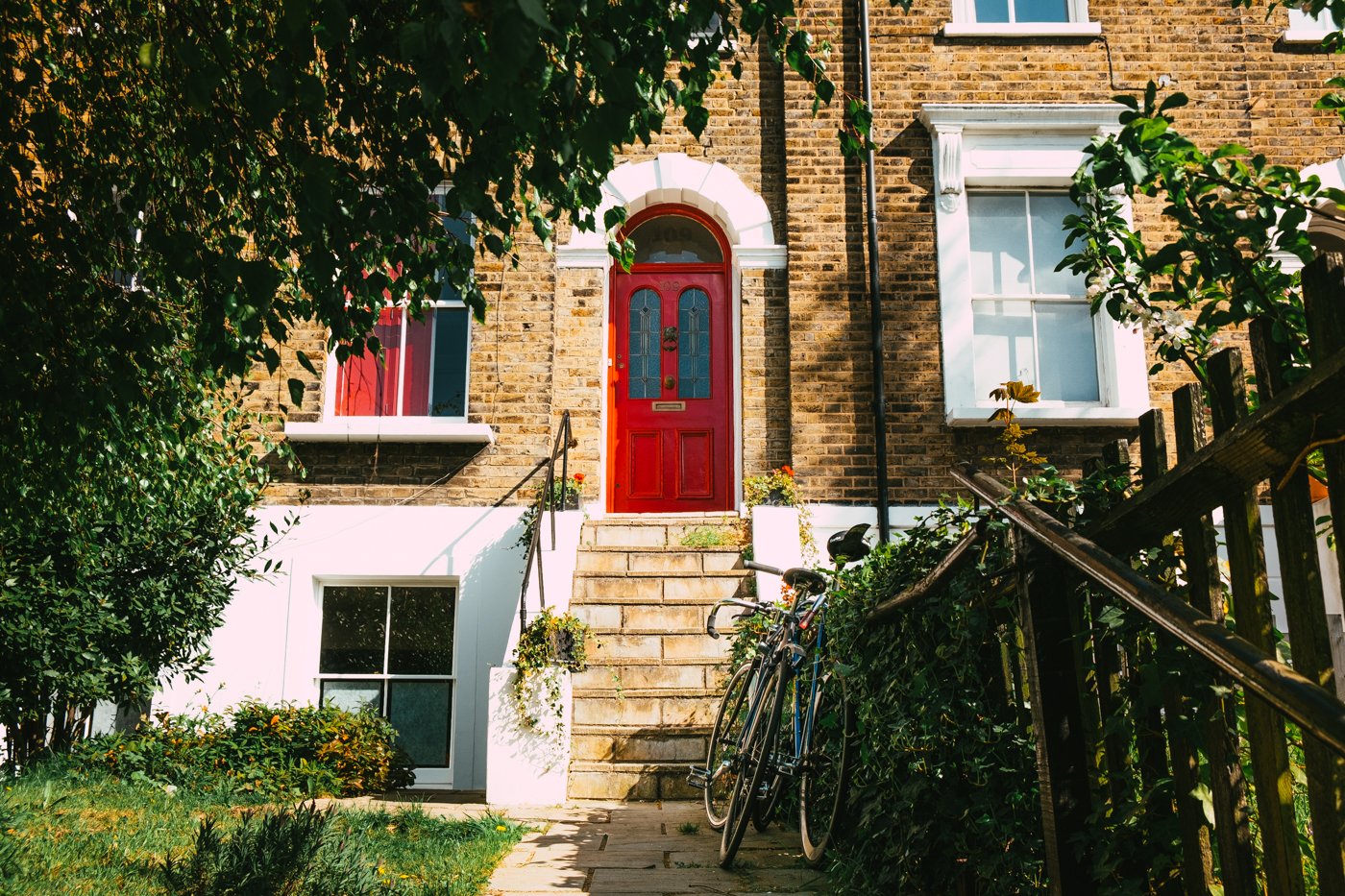Days
Hours
Minutes
Seconds
May 1 2026 - Renters' Right Act Commencement Day
You have 0 days to:
Serve any final Section 21 notices
Stop accepting above-asking rent offers
Prepare for the rental bidding ban
Remove “No DSS” from adverts
Remove “No Children” from listings
Show one clear rent price
Stop using fixed-term agreements
Switch to periodic tenancy templates
Check which tenancies go periodic
Stop taking rent before signing
Take no more than one month’s rent
Move all evictions to Section 8
Train staff on new notice rules
Create Section 13 process flow
Add two months to rent reviews
File court claims for Section 21s
Update landlord move-in grounds
Update landlord selling grounds
Send the RRA Information Sheet
Create written terms where missing
Update How to Rent processes
Review tenant screening questions
Update pet request processes
Stop backdating rent increases
Discuss rent protection backbooks
Act now before it is too late...
Your Guide to Renting in Northern Ireland
From already implemented to upcoming news and legislation, here is everything letting agents need to know for renting in Northern Ireland.
The Goodlord team
Feb 14, 2024
Northern Ireland's Private Rental Sector has experienced a lot of change over the past couple of years - from the Private Tenancies Act to recovering from COVID-19.
The Private Tenancies Act (Northern Ireland) 2022 came into force in April 2023, shaking up the private rental sector in the country and introducing new legislations that affect landlords, tenants, and letting agents.
Despite not having a parliament for the past two years, Northern Ireland has experienced a lot of change in the housing sector, meaning it is important for letting agents to be aware of important current and upcoming legislation and news.
Our guide includes:
- The Private Tenancies Act (Northern Ireland) 2022
- More regulations expected from April 2024
- The Landlord Registration Scheme
- More affordable homes
- Rent rises from April 2024
The Private Tenancies Act (Northern Ireland) 2022
After receiving Royal Assent in April 2022, and coming into effect a year later, the Private Tenancies Act (Northern Ireland) 2022 was a key part of legislation for letting agents and landlords in Northern Ireland.
Similar to England’s upcoming Renters (Reform) Bill, the Act provided more protection to tenants. This includes Section 6, which introduced enforcement rules for letting agents and landlords who failed to protect a deposit with an approved scheme. There will be ‘no time barrier on prosecuting a person who fails to comply’ to protect a deposit.
Key things to remember about the Private Tenancies Act:
- Landlords must provide tenants with a free tenancy information notice within 28 days of a tenancy commencing
- Landlords should provide a receipt to any tenant who pays their rent or deposit in cash
- Landlords cannot ask for a deposit that exceeds over a month's rent
More regulations expected from April
Last year as part of the Private Tenancies Act (Northern Ireland) 2022, we saw Sections 1-6 come into force, including new rules for tenancy deposits.
From April 2024, we expect to hear news of numerous consultations relating to the rented property sector.
This includes consultations from the Department of Communities on:
- Requirements relating to fire, smoke, and carbon monoxide alarms.
- Requirements concerning a property’s energy efficiency
- New consultation on electrical safety standards
Listen to our Northern Ireland chapter from An agent's guide to lettings and the law
The Landlord Registration Scheme
In Northern Ireland, all private landlords must register themselves and their properties to the Landlord Registration Scheme.
Originally came into effect in February 2015, registration to the scheme lasts three years and landlords can re-register two months before their membership expires. Registration schemes cost £70 for online and £80 for paper applications.
Meaning all landlords who registered in 2021, will need to look at renewing this year if they plan to continue to rent out their property.
Tenants can report landlords to their local council if they don’t provide evidence of registration. If a landlord is found guilty of being non-compliant, they can be fined with a fixed penalty of up to £500. If they are taken to court and found guilty, they can receive a fine of £2,500.
More research into affordable homes
Northern Ireland continues to publish updates regarding building affordable housing.
It is estimated that there will need to be more than 23,000 affordable homes built in Northern Ireland by 2027. The Housing Executive is also conducting research on building social and affordable housing in County Derry this year.
From 2022-23, there were more than 45,000 households on the social housing waitlist, which is over 8,000 more than five years ago.
In 2023, the Housing Executive called for Derry/Londonderry landlords to contact them to help build their portfolio of temporary accommodation.
Rent rises in April
Rent prices will increase by 7.7%, effective from 1 April 2024 for Housing Executive homes. This is an average increase of £5.72, now making a weekly rate of £79.96, excluding rates.
According to the Housing Executive, approximately 79% of social housing tenants receive full or partial Housing Benefit support or Universal Credit towards their rent.
In Northern Ireland, if the tenant is responsible for paying rates, this must be made clear in the listing and the amount they'll be required to pay must be displayed. If the landlord is responsible for paying rates, the guidance also recommends making this clear in the listing.
Rent rises are not just happening in social housing, but in the private rental sector too. Private rental prices in Northern Ireland increased over 12 months from October 2023 to 9.3%.
This is believed to be a long-lasting effect of the COVID-19 pandemic, creating “economic uncertainty, including rising inflation and therefore increased costs”, and will likely continue in the future.
Want the latest lettings news delivered straight to your inbox every week? Sign up to our mailing list and stay up to date.






-min.jpg)
